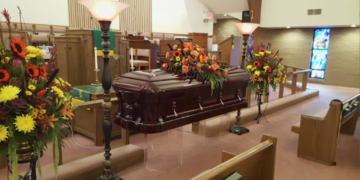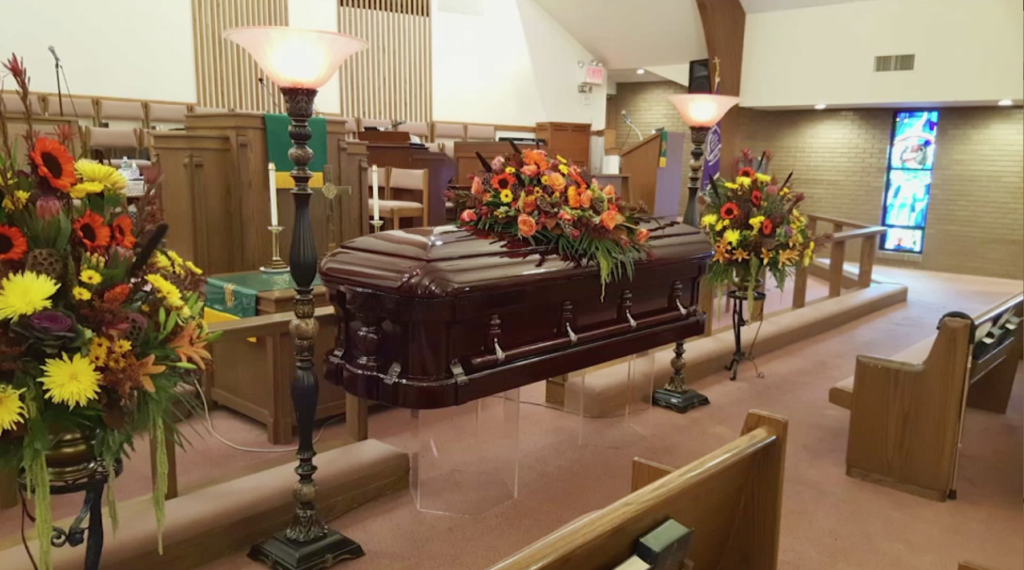Weddings gowns can be rented. So are suits, and for the more daring, even shoes. It is unheard of to rent dead bodies. But it is happening in South Africa.
The country’s insurance fraudsters have found disingenuous means to buy or rent dead bodies in order to falsely claim funeral benefits.
A report by the Association for Savings and Investment South Africa says Life insurers rejected 1,915 funeral claims worth R176.4 million ($11.9 million) in 2018, of which 1,127 were found to involve fraudulent documentation.
South Africa’s Business Insider reported that 156 of these cases pointed to the underhand dealings of a syndicate.
Such is the desperation of the perpetrators that in seven cases, beneficiaries were found to have caused the death of the policyholders.
Funeral policies don’t require blood tests and medical examinations and are designed to pay out quickly when an insured family member dies.
“Unfortunately, this makes it tempting for criminals and dishonest individuals to take out funeral cover for people who do not exist with the intention of later submitting claims using death certificates issued for dead bodies rented or bought for the purpose of committing fraud,” Donovan Herman, convenor of the ASISA Claims Standing Committee, says.
“If we allow fraudulent and dishonest claims, honest policyholders will ultimately end up footing the bill through higher premiums driven by untenable claims rates.”

Overall, South African life insurers detected 3,708 fraudulent and dishonest claims to the value of R1.06 billion in 2018 – and most of the fraudulent activity in 2018 took place in the funeral insurance space.
Mr Herman says life insurers owe it to honest policyholders to protect the integrity of the long-term insurance model by preventing fraud and dishonesty.
He added that while life insurers are frequently accused by the public of trying to avoid paying claims, the numbers tell a different story.
In Ghana, it is difficult to establish the cost of fraudulent claims because of the lack of a centralised database.
However, industry players say the cost of fraud is not quantifiable as it extended beyond the payment of inappropriate claims and costs, to establishing fraud prevention and detection in an insurance company.
The Head of Forensic and Compliance Unit of Enterprise Life, Mr Osumanu Tanka, put the blame on weak internal controls, poor remuneration of employees, falsified documents, deliberate acts of policyholders to profit from the insurance contract and inadequate training.




















